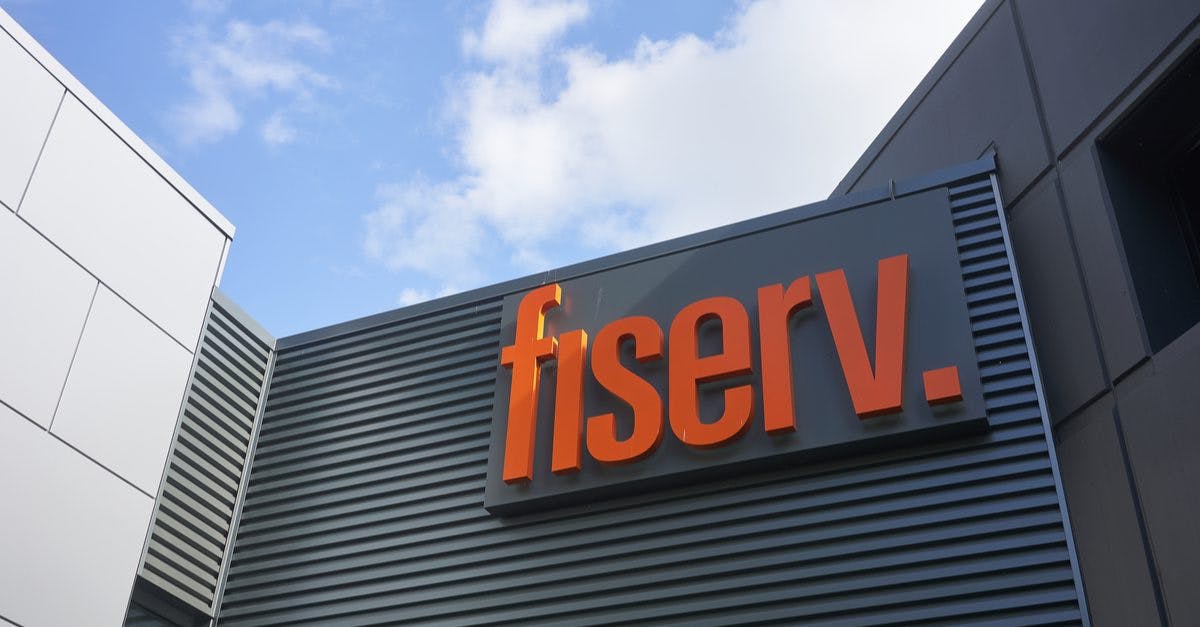NYDIG and Fiserv Team Up to Put Bitcoin in Consumers Bank Accounts
Offering could allow users access to bitcoin and cryptocurrency without going to an external exchange.

Source: Shutterstock
- Fiserv would offer software that plugs in to existing banking web portals to allow banking clients to trade cryptocurrency customized by NYDIG
- NYDIG had previously announced a partnership FIS in May, but it doesn’t appear that anything came to fruition
If you want to buy bitcoin today, you need to venture on to a digital assets exchange or use a payments service like PayPal. Banking software provider Fiserv wants to change this through a partnership with NYDIG that would offer software to banks that allow their clients to purchase bitcoin directly from their online banking portal.
“Interest in cryptocurrency, and particularly bitcoin, has skyrocketed over the past several years, to the point that bitcoin investing is now a commonplace activity,” said Byron Vielehr, chief digital and data officer at Fiserv in a statement. “People continue to turn to financial institutions as a central place to manage their financial activity, and being able to offer this capability will help position banks and credit unions at the forefront of their customers’ financial lives.”
A spokesperson for Fiserv did not immediately respond to requests for comments, however both Fiserv and NYDIG state in the announcement that they already have a first customer lined up: California-based First Foundation Bank. First Foundation, which owns the bank and offers wealth management services to high net worth individuals, also made a strategic investment in NYDIG.
“Digital assets have caught the eye of consumers and investors,” said Scott F. Kavanaugh, CEO of First Foundation, said in a statement. “If our industry is truly committed to innovation and the financial future of our clients, we need to lead in this area and help create a secure and trusted platform for using bitcoin for everyday financial matters.”
This isn’t the first time NYDIG has attempted this. In May, NYDIG announced that it had formed a partnership with Fiserv-rival FIS to allow customers at its banking clients to purchase cryptocurrency. At the time, FIS said it was exploring providing the ability to accrue interest on banking clients’ bitcoin balances.
As Blockworks reported at the time, FIS’ client list includes larger banks while Fiserv generally targets smaller institutions like credit unions.
A PR rep for NYDIG says the partnership with FIS is still active, while the Fiserv engagement is an “additional partnership.” An earlier version of this story had said the partnership was abandoned.






